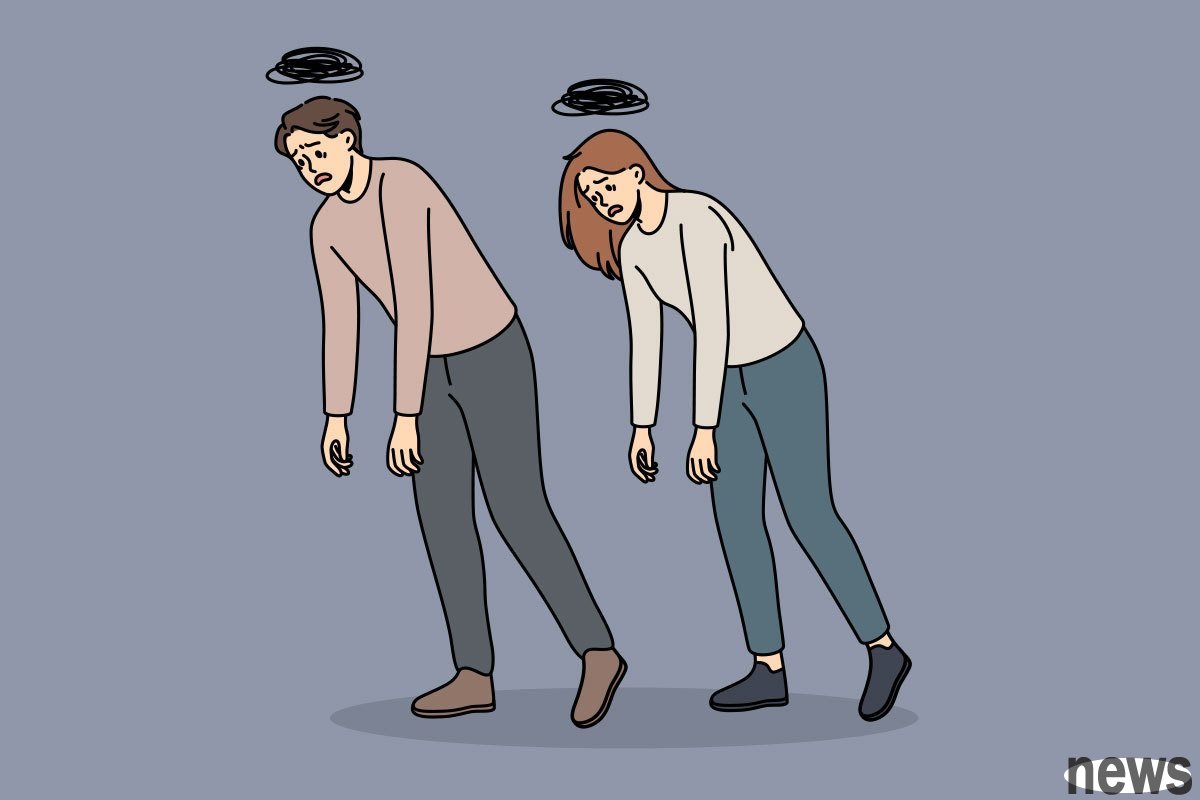 ▌Tighten about sleep
▌Tighten about sleep If there is any place in the world that is most suitable for studying the impact of sleeping too little, then it must be a university. The students nowadays seem to be sleeping like I did when they were these ages. Last year, a college student who was very familiar with the exam failed and went to the office to find me. When we discussed this, I was impressed by her understanding of the textbooks. It was obvious that she was dysfunctional because of lack of sleep. She admitted that she usually only sleeps for four hours, and the night before the exam was no exception. I asked her why she slept so little, and she felt like she was talking at the same age as her. She usually goes to bed at two or three in the morning and finds it difficult to fall asleep. She feels that she has not yet had a rest and wakes up early. During the day, she had no choice but to doze off in the classroom. After reading the books in the library for a long time with caffeine, she couldn't fall asleep at night.
University students are a special type of human being. Part of the reason is that many college students feel like they are growing up, but they have not yet taken responsibility for adults. Many of my sleep-deprived students don’t have any choice after leaving the ivory tower and can only settle down and sleep a little more, but some people will continue to lack sleep. According to some research results, about 10% of adults in the United States suffer from diagnosable insomnia (that is, it often takes more than half an hour to fall asleep or cannot fall asleep all night), and about one-third of adults feel they can't sleep. In other regions, the popularity of insomnia is similar. It can be imagined that many insomnia, that is, about 5% of Americans, seek help from sleeping medicine. Why do so many people have too much rest during the day and cannot rest at night?
To answer this question, we must explore two important biological processes that interact in the brain, control awakeness and sleep. When these two processes work normally, we wake up vigorously in the morning, happily awake most of the day, and fall asleep peacefully at night. If these two processes are confused, we will fall asleep in class or during meetings, suffer from painful difficulty in falling asleep at night, wake up too early in the morning, or fall asleep with terrifying head pain.
The first system is a night cycle that is nearly twenty-four hours long, and a group of special cells in the hypothalamus are responsible for the adjustment (this group has a sleepy name called the suprachiasmatic nuclearus). These cells will inform the glands on the kidneys in the morning to make cortical alcohol to wake us up. Corticol is the main hormone that stimulates the body's energy consumption. When night falls, the lower hill calls melatonin, which is also located in the brain. Melatonin is a "vampire hormone" that helps sleep. The night system adjusts every day according to the brightness of the light and other experiences, just like a clock. Sometimes people with different experiences know that night laws can be adjusted slowly through light and other environmental cables (about an hour a day).
If the human body adjusts sleep completely according to the night laws, it will cause problems. Imagine how bad it would be if I had no sleep and couldn’t sleep late for several days, or even if I had a lot of sleep, I couldn’t sleep late? So, there is another system that is closely related to activity volume that can also adjust our sleep and wakefulness. The function of this automatic adjustment system is similar to that of hourglass. It calculates how many hours we have woken up, so we can slowly accumulate pressure and prompt us to sleep. The longer we wake up, the more stressed we sleep will become. This pressure comes from the increasing number of molecules such as adenylate produced by the brain when energy is consumed. Then we use sleep to restart the hourglass by sleeping, mainly through non-rapid eye sleep. Overall, this automatic tuning system helps balance our wake and sleep time, and if we wake up for too long, this system suppresses the night system and helps us get back reduced sleep time.
In normal environments, nighttime and automatic adjustment systems work hand in hand to maintain a fixed sleep and wakefulness cycle. But life cannot be fixed forever. What if the house caught fire, a group of hungry coyotes ran into the community from the park, or if the mother-in-law suddenly said she was moving in with her, what should she do? These life-related crises will start the fight and flight system in the body, touching hyperarousal conditions. In an instant, the body will release a large amount of hormones such as epinephrine and corticosterol, speed up the heart rate, let a large amount of sugar enter the blood, stop the digestive system, and increase the level of alertness. These hormones clearly also inhibit the process of allowing sleep, which is an important appropriate behavior for maintaining sustained alertness. We should be on the urgent situation tonight, so we won't fall asleep. If everything goes well, the fire is destroyed, the coyote is caught, and the mother-in-law is gone, we will be back to balance, and the next night we will sleep very sweetly so that we can still enjoy the sleep debt.
The impact of war or escape reaction (that is, sympathetic neural systems) on sleep can explain why and how the impact of movement on sleep is so important.
If we run a kilometer at full speed or lift heavy objects before going to bed, it is often difficult to fall asleep because intense physical activities will open up this system, causing an exciting state. On the contrary, doing appropriate physical activities during the day, such as playing football, a two-hour garden work, or a long-distance walk, can help sleep. These activities can increase sleep pressure and stimulate the body to offset the initial war and escape reaction with deeper rest and digestive reactions (i.e. parasympathetic neural systems). Among other benefits, recovery after exercise can gradually reduce the basic values of corticoal and kidney epinephrine, reduce body temperature, and even help adjust night rhythms.. It is actually not contradictory for a person to be kind enough to tell us to exercise more, but he urges us to sleep more often. ※ This article is excerpted from "Born of No Love: How Natural History and Evolution Can Break the 12 Myths of Modern People on Sports and Health"."Born of No Love: How Natural History and Evolution Destroy 12 Myths of Modern People About Sports and Health"
Author: Dannyer. Li Boman
Translator: Gansuan
Publisher: Hei Publishing
Publication Date: 2021/12/28

